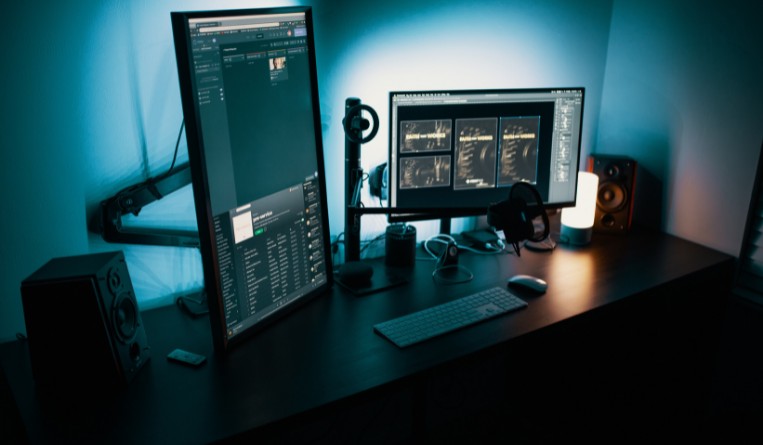Computational data analysis exception in Singapore’s Copyright Act 2021 a game changer
07 December 2021

Among the amendments in Singapore’s Copyright Act 2021, one stands out as a breakthrough development and game changer.
The exception for computational data analysis is one of the key changes in the Act, making it one of the few pieces of legislation in the world with such exception. It also has a broader scope, in contrast to other jurisdictions such as the UK and EU which have introduced a similar exception.
Computational data analysis, which aids R&D activities including AI innovation, involves lifting data from large bodies of material that could be protected by copyright. These materials could be text-based works, sound or images. The data is then analyzed to identify certain patterns which can be used for a variety of purposes, such as training a computer program to operate or function in a certain way. Global tech companies that use big data and data analytics include Netflix, Amazon, Uber, Google and Pfizer.
The computational data analysis exception means that, as long as they are lawfully accessed, copyright works may be used by commercial and non-commercial organizations to extract data for computational data analysis without consent of the copyright owner, subject to certain conditions. Organizations can undertake computational data analysis for any purpose. This exception covers all freely available works. Neither can it be eliminated from nor modified in a contract.
Copyright Act 2021 S244(2)(d) provides illustrations of what “lawful access” means.

“For example, if certain material can only be accessed through a paid subscription, the user cannot circumvent the paywall to access the material. Another example is that a user cannot gain access to material that is placed on a database by breaching the terms of use of the database,” explained Trina Ha, chief legal counsel/director of Intellectual Property Office of Singapore’s Legal Department.
The exception also allows sharing of the works to verify the results of the computational data analysis, for collaborative research or study. This goes beyond most similar exceptions in other jurisdictions, according to Christian Troncoso, senior director, policy, BSA| The Software Alliance, a trade group representing commercial software makers.
Not only is Singapore’s Copyright Act 2021 one of the few pieces of legislation in the world with a computational data analysis exception. It also explicitly recognizes the use of that exception for machine learning.
“The computational data analysis exception is a game changer because it provides much-needed legal clarity for organizations that are developing AI. The incredible advances in AI capabilities we’ve seen in recent years have been enabled by machine learning. At its core, machine learning involves the computational analysis of large data sets to identify correlations and patterns that can be used to make predictions about future data inputs. Many of the most promising applications of machine learning – including computer vision and natural language processing -- rely on training data that may be subject to copyright protection, so the exception helps resolve a source of uncertainty for the Singaporean AI research and development community,” said Troncoso.
He added that flexible exceptions, such as Singapore’s fair use provision, are important mechanisms for accommodating emerging technologies.
“However, because there is a dearth of case law regarding the precise contours of fair use under Singaporean law, the passage of a specific computational data analysis exception provides added certainty for organizations that are seeking to engage in computational data analysis,” he said, “including for the development of AI.”
How does this align with data protection laws in Singapore?
“As with the Business Improvement and Research exceptions to consent under Singapore’s data protection law, the Personal Data Protection Act (PDPA), the computational data analysis permitted use in the Copyright Act 2021 is forward-looking and promotes the use of data for innovation,” said Ha. “While the PDPA and the Copyright Act are separate laws that operate concurrently, they are designed to support data-driven innovation and respond to the technological and market developments in the digital economy.”
Aside from Singapore, Japan is the only other Asian nation which has codified such exception. As such, how will the Act impact intellectual property legislation in Asia? Should other countries in the region ought to introduce the same exception in their copyright law considering the world has become more digital than ever?
“Countries around the world are racing to create policy environments that will enable their economies to reap the full benefits of AI. We are seeing a growing global awareness that modernizing existing copyright laws is a key piece of the puzzle. In passing a standalone exception to explicitly permit reproductions for the purpose of data analysis, Singapore has joined a small but growing list of countries. Given Asia’s fast-growing digital economy, our hope is that other countries will soon join Singapore in seeking to provide legal clarity for their AI research communities,” said Troncoso.
Espie Angelica A. de Leon






